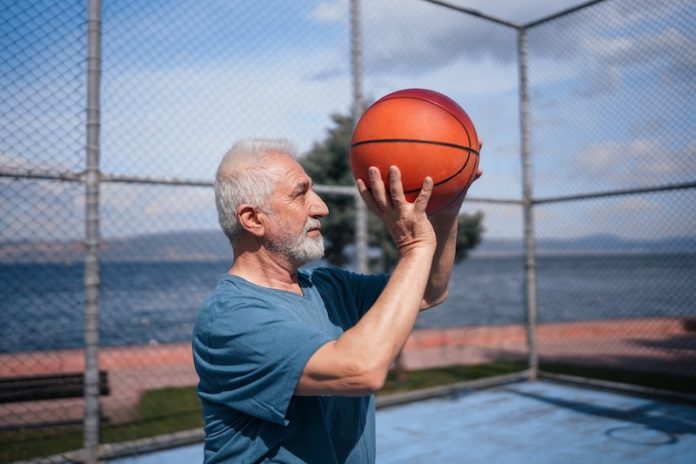
Extreme heat is creating trouble all over the world. Record-breaking temperatures are sparking forest fires that spew smog affecting people miles away.
This heat is especially tough on older people. That’s the conclusion of new research led by Professor Glen Kenny at the University of Ottawa.
Getting cool air is important for the physical and mental health of older adults. But there’s not much evidence yet that air-conditioned places like cooling centers actually help.
Cooling centers are places where older people who don’t have air conditioning at home can go to stay cool.
Testing the Cooling Theory
Professor Kenny and his team ran an experiment with 40 older adults aged 64-79. They exposed these people to a pretend heat wave of 37 degrees Celsius (that’s about 99 degrees Fahrenheit) for 9 hours.
After that, they split the group in two. Half got to rest for 2 hours in an air-conditioned room. The other half did not.
The results, published in the journal Environmental Health Perspectives, showed that the people in the air-conditioned room had a lower body temperature.
This cooling effect also eased strain on their heart and blood vessels. There were even some quick, temporary improvements in their mental state.
But, when they returned to the heat, their body temperatures quickly rose back to high levels.
Age and Heat: A Troubling Combination
In another study, Professor Kenny’s team compared how young adults (ages 19-31) and older adults (ages 61-78) handled the heat. Both groups rested in 40 degrees Celsius heat (about 104 degrees Fahrenheit) for 9 hours.
The findings, published in the Journal of Applied Physiology, showed that the older group stored more heat and had higher body temperatures than the younger group.
Professor Kenny, who leads a project called Operation Heat Shield Canada, says, “With global temperatures going up, we need to protect the health and well-being of vulnerable people all over the world.
We must speed up our efforts to create better ways to protect those who are most at risk from the heat.”
This means finding effective ways to keep older people cool during heat waves. It also means giving them good advice about how to stay safe and healthy when it’s hot out.
The research from Professor Kenny and his team is a step in the right direction.
If you care about wellness, please see recent studies that olive oil may help you live longer, and vitamin D could help lower the risk of autoimmune diseases.
For more information about nutrition, please see recent studies about antioxidants that could help reduce the risk of dementia, and tea and coffee may help lower your risk of stroke, dementia.
The study was published in Environmental Health Perspectives.
Follow us on Twitter for more articles about this topic.
Copyright © 2023 Knowridge Science Report. All rights reserved.



